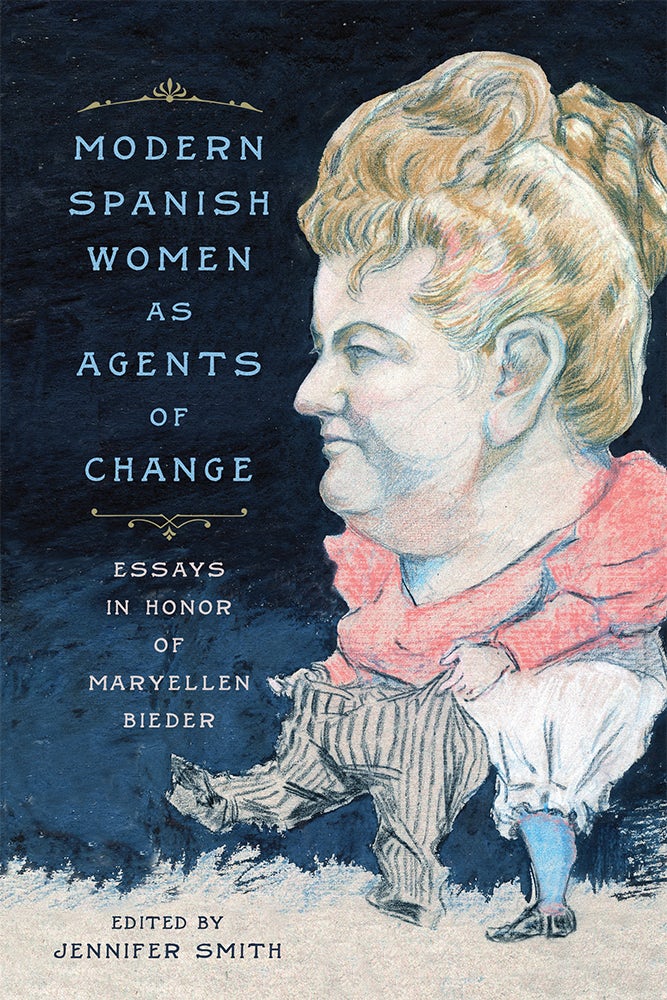The writer’s gift or the patron’s pleasure? The literary economy in late medieval France
The Writer’s Gift or the Patron’s Pleasure? introduces a new approach to literary patronage through a reassessment of the medieval paragon of literary sponsorship, Charles V of France. Traditionally celebrated for his book commissions that promoted the vernacular, Charles V also deserves credit for having profoundly altered the literary economy when bypassing the traditional system of acquiring books through gifting to favor the commission. When upturning literary dynamics by soliciting works to satisfy his stated desires, the king triggered a multi-generational literary debate concerned with the effect a work’s status as a solicited or unsolicited text had in determining the value and purpose of the literary enterprise.
Treating first the king’s commissioned writers and then canonical French late medieval authors, Deborah McGrady argues that continued discussion of these competing literary economies engendered the concept of the “writer’s gift,” which vernacular writers used to claim a distinctive role in society based on their triple gift of knowledge, wisdom, and literary talent.
zum Buch im ULB-Katalog
zum Buch auf der Verlags-Website
Modern Spanish women as agents of change
This volume brings together cutting-edge research on modern Spanish women as writers, activists, and embodiments of cultural change, and simultaneously honors Maryellen Bieder’s invaluable scholarly contribution to the field. The essays are innovative in their consideration of lesser-known women writers, focus on women as political activists, and use of post-colonialism, queer theory, and spatial theory to examine the period from the Enlightenment until World War II. The contributors study women as agents and representations of social change in a variety of genres, including short stories, novels, plays, personal letters, and journalistic pieces. Canonical authors such as Emilia Pardo Bazán, Leopoldo Alas “Clarín,” and Carmen de Burgos are considered alongside lesser known writers and activists such as María Rosa Gálvez, Sofía Tartilán, and Caterina Albert i Paradís. The critical analyses are situated within their specific socio-historical context, and shed new light on nineteenth- and early twentieth-century Spanish literature, history, and culture.
zum Buch im ULB-Katalog
zum Buch auf der Verlags-Website
Weitere Titel können Sie in unseren Neuerwerbungslisten für die Romanistik entdecken!


